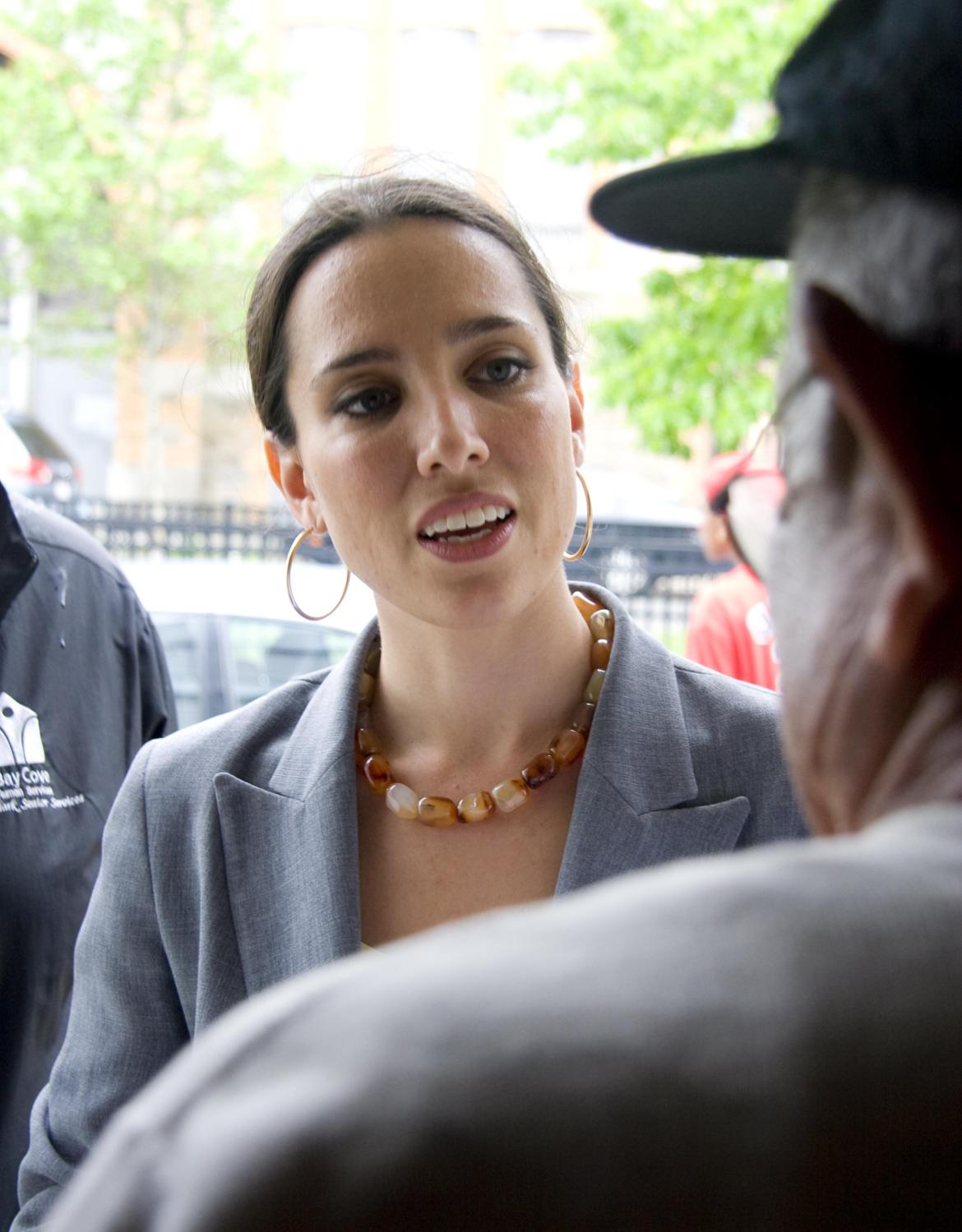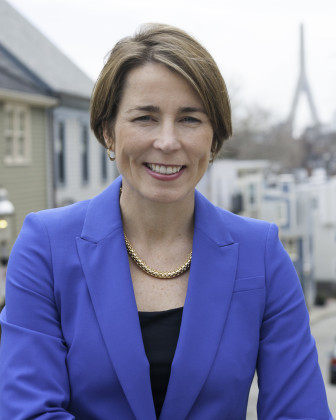Last updated on April 9, 2017
State Sen. Sonia Chang-Diaz (D-Jamaica Plain) on Monday introduced a bill that would update a 20-plus-year-old formula for funding public education in Massachusetts, in light of a recent bipartisan commission’s evaluation that today’s formula underestimates state education costs by $1 billion to $2 billion a year.

The bill, An Act Modernizing the Foundation Budget for the 21st Century, implements the recommendations of the bipartisan Foundation Budget Review Commission (FBRC). The Foundation Budget was established in 1993; the commission was created in 2014 to review the budget.
“In 1993, we said we were going to educate every child to a high quality — every child, no matter where they live, no matter their family background — and we would do that in partnership with local schools,” Chang-Diaz told Jamaica Plain News last week during an interview to discuss the bill.
Chang-Diaz, who is the chairwoman for the state Senate’s Committee on Education, said that the state has “delivered phenomenal levels of achievement,” and Massachusetts is commonly atop many educational rankings across the country, but the system is fraying.
“It has been suffering a death by a thousand paper cuts, and we’re at risk of losing the gains we’ve made and not delivering the education to students in the future that we gave to students of the past,” Chang-Diaz said.
If one looks closely at the state’s education system, there are uneven achievement levels, she said. “We have high highs and low lows, but there are actually pockets of inequity. Massachusetts tops level of achievements on average in the country, but we’re also 48th in the country for inequality of students. There are thousands of students [for whom] we have not met that 1993 promise, and we’re not in position to meet it now.”
After close to a quarter century, the state’s education funding formula needs to be updated and reexamined to predict costs for the coming decade and longer, Chang-Diaz said. The funding formula takes into account items like the cost of books, technology, teachers’ salaries, special education, wraparound services, para-professionals and more. It also factors in variables for students at different education levels from varying backgrounds, including elementary through high school, low-income and English language learners (ELL) students.
The proposed bill encompasses four main components: healthcare, special education, ELL and low-income students, said Chang-Diaz, who believes the state has done well with the first two, but not as admirably with the latter two.
The recommendations from the FBRC are geared toward incorporating what has been learned more recently about ELL and low-income students, and how the state can get better at educating those them, including recommendations to increase the financial increment for ELL and low-income students. And while it’s important to provide more money for those students, it’s also essential to examine where students are living, Chang-Diaz said. The recommendations suggest that students who are in systems with greater concentrations of poverty need more attention.
Also, the 1993 formula does not accurately predict the growing costs of healthcare and special education, but the proposed bill would do so, she added.
The FBRC’s recommendations do not state where funding would come from to create the new funding formula. Funding for the formula would ramp up over a period of seven years to meet the targeted cost to educate all public student equally in Massachusetts.
“In 1993, there wasn’t a dedicated revenue stream. It was a difficult decision then and it is a difficult one now. But we recognized how important it is to the state. We have an obligation in our state constitution to provide quality education,” Chang-Diaz said. “Also, there is a broad recognition that public education is square one for long-term prosperity of the state, and if we are going to continue to thrive economically, we have to make serious investments in the education system. This is our calling card. Businesses don’t come here because of oil wells or other natural resources. It’s not for cheap real estate or good weather. They come here for our talented work force. It’s why Massachusetts continues to be one of the most prosperous states in the nation. We need to continue to steward our education system.”
Chang-Diaz said Monday’s press conference would feature a coalition of supporters from many groups, among them school superintendents, teachers, parents and researchers. A list of scheduled attendees include the following:
- Paul Reville, Former MA Secretary of Education
- Glenn Koocher, Director of MA Association of School Committees
- Mary Bourque, President of MA Association of School Superintendents
- Members of the Collaborative Parent Leadership Action Network
- David Verdolino, Executive Director of MA Association of School Business Officials
- Principals and teachers from the MA Association of Vocational Administrators
- Dorothy Presser, President of the Suburban Coalition
- Steve Hemmen, Assistant Director of MA Association of Regional Schools
- Rick Rogers, Executive Director of MA Elementary School Principals Association
- Families of School Children from the Boston Higher Ground Coalition
- Latoya Gayle of Phenomenal Moms Boston
- Jennifer Davis Carey, Director of the Worcester Education Collaborative




